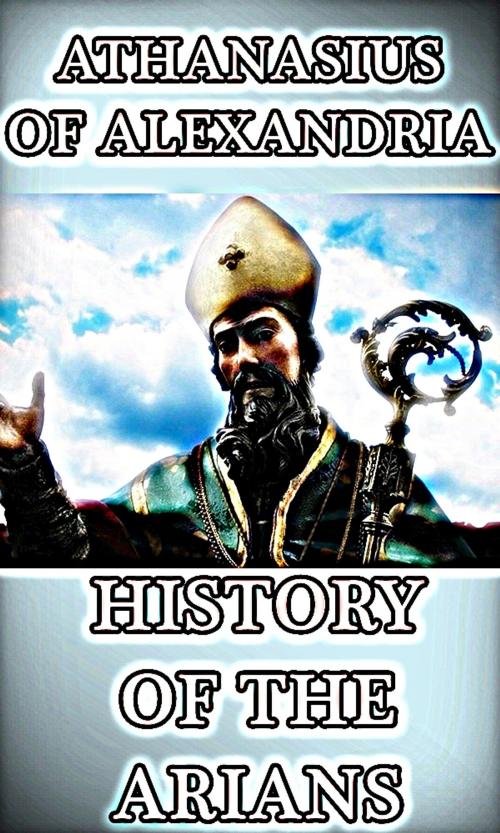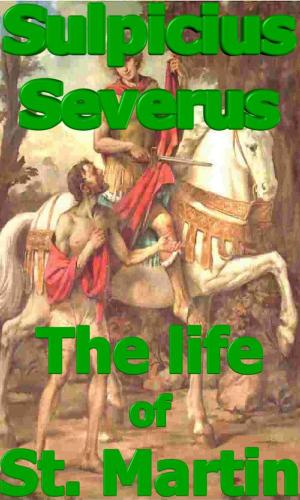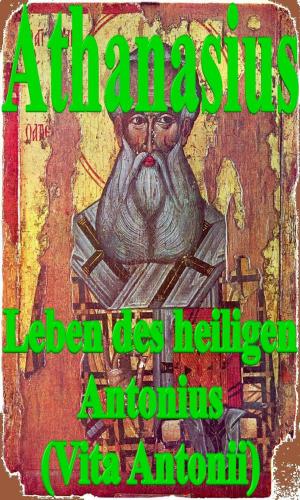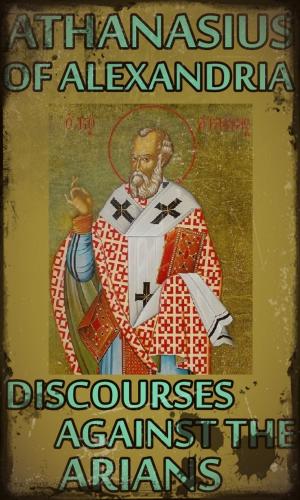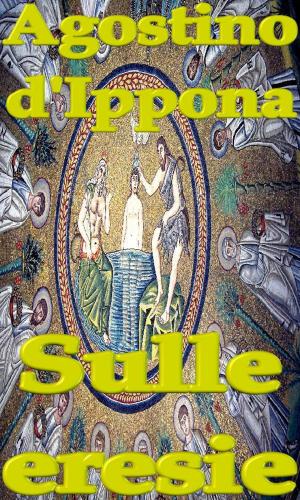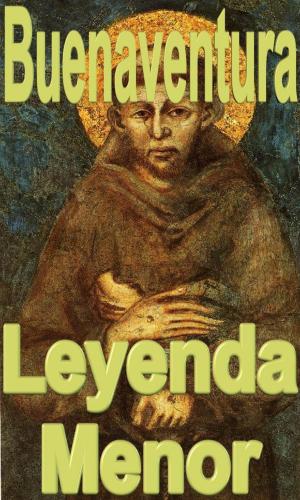History of the Arians
Nonfiction, Religion & Spirituality, Theology, Ethics, History, European General, Christianity, General Christianity| Author: | Athanasius of Alexandria | ISBN: | 9781783362066 |
| Publisher: | limovia.net | Publication: | April 23, 2013 |
| Imprint: | Language: | English |
| Author: | Athanasius of Alexandria |
| ISBN: | 9781783362066 |
| Publisher: | limovia.net |
| Publication: | April 23, 2013 |
| Imprint: | |
| Language: | English |
Arianism is the theological teaching attributed to Arius (ca. AD 250–336), a Christian presbyter in Alexandria, Egypt, concerning the relationship of God to the Son of God (Jesus of Nazareth). Arius asserted that the Son of God was a subordinate entity to God the Father. Deemed a heretic by the Ecumenical First Council of Nicaea of 325, Arius was later exonerated in 335 at the regional First Synod of Tyre,[1] and then, after his death, pronounced a heretic again at the Ecumenical First Council of Constantinople of 381. The Roman Emperors Constantius II (337–361) and Valens (364–378) were Arians or Semi-Arians.
The Arian concept of Christ is that the Son of God did not always exist, but was created by—and is therefore distinct from—God the Father. This belief is grounded in the Gospel of John passage “You heard me say, ‘I am going away and I am coming back to you.’ If you loved me, you would be glad that I am going to the Father, for the Father is greater than I." (verse 14:28)
Arianism is defined as those teachings attributed to Arius which are in opposition to mainstream Trinitarian Christological doctrine, as determined by the first two Ecumenical Councils and currently maintained by the Roman Catholic Church, the Eastern Orthodox Churches, the Oriental Orthodox Churches, the Assyrian Church of the East, all Reformation-founded Protestant churches (Lutheran, Reformed/Presbyterian, and Anglican), and a large majority of groups founded after the Reformation and calling themselves Protestant (such as Methodist, Baptist, most Pentecostals), with the exception of such groups as Oneness Pentecostals, the Church of Jesus Christ of Latter-day Saints, Jehovah's Witnesses, and Branhamism. "Arianism" is also often used to refer to other nontrinitarian theological systems of the 4th century, which regarded Jesus Christ—the Son of God, the Logos—as either a created being (as in Arianism proper and Anomoeanism), or as neither uncreated nor created in the sense other beings are created (as in Semi-Arianism).
Arianism is the theological teaching attributed to Arius (ca. AD 250–336), a Christian presbyter in Alexandria, Egypt, concerning the relationship of God to the Son of God (Jesus of Nazareth). Arius asserted that the Son of God was a subordinate entity to God the Father. Deemed a heretic by the Ecumenical First Council of Nicaea of 325, Arius was later exonerated in 335 at the regional First Synod of Tyre,[1] and then, after his death, pronounced a heretic again at the Ecumenical First Council of Constantinople of 381. The Roman Emperors Constantius II (337–361) and Valens (364–378) were Arians or Semi-Arians.
The Arian concept of Christ is that the Son of God did not always exist, but was created by—and is therefore distinct from—God the Father. This belief is grounded in the Gospel of John passage “You heard me say, ‘I am going away and I am coming back to you.’ If you loved me, you would be glad that I am going to the Father, for the Father is greater than I." (verse 14:28)
Arianism is defined as those teachings attributed to Arius which are in opposition to mainstream Trinitarian Christological doctrine, as determined by the first two Ecumenical Councils and currently maintained by the Roman Catholic Church, the Eastern Orthodox Churches, the Oriental Orthodox Churches, the Assyrian Church of the East, all Reformation-founded Protestant churches (Lutheran, Reformed/Presbyterian, and Anglican), and a large majority of groups founded after the Reformation and calling themselves Protestant (such as Methodist, Baptist, most Pentecostals), with the exception of such groups as Oneness Pentecostals, the Church of Jesus Christ of Latter-day Saints, Jehovah's Witnesses, and Branhamism. "Arianism" is also often used to refer to other nontrinitarian theological systems of the 4th century, which regarded Jesus Christ—the Son of God, the Logos—as either a created being (as in Arianism proper and Anomoeanism), or as neither uncreated nor created in the sense other beings are created (as in Semi-Arianism).
